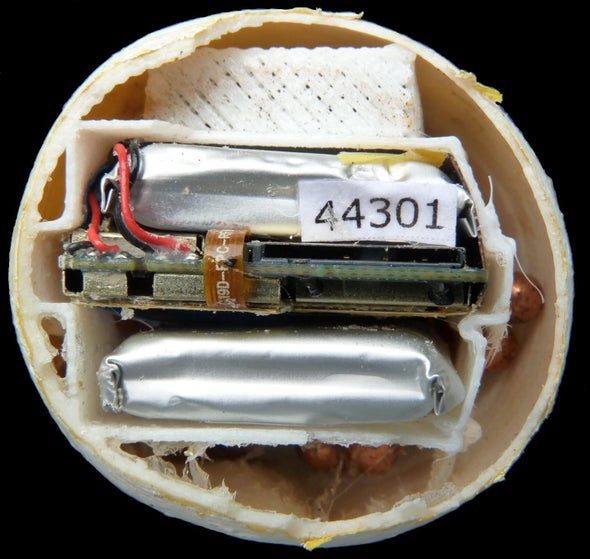
Here are some brief reports about science and technology from around the world, including one from Costa Rica about decoy sea turtle eggs with the potential to catch poachers.
I’m Scientific American assistant news editor Sarah Lewin Frasier. And here’s a short piece from the January 2021 issue of the magazine, in the section called Advances: Dispatches From The Frontiers Of Science, Technology And Medicine.
The article is titled Quick Hits, and it’s a rundown of some non-coronavirus stories from around the globe.
From Costa Rica: Researchers embedded GPS devices in decoy sea turtle eggs to track poaching patterns. In their first field test, five of the 101 decoys (which had similar size, weight and texture to real eggs) traveled significantly, potentially reaching consumers.
From Latvia: DNA harvested from a 700-year-old public toilet in Riga (as well as a 600-year-old cesspit in Jerusalem) will help researchers examine how human microbiomes have evolved over time. Microbial DNA from both sites matches some species common in modern hunter-gatherers and some in today's city dwellers.
From Antarctica: New analysis suggests a 50-million-year-old foot bone found on Seymour Island comes from a species of bird whose wingspan reached 6.4 meters across. The researchers also attributed part of a large jawbone with toothlike structures to the species.
From Madagascar: In a Madagascar garden, researchers found several Voeltzkow's chameleons—a rare species whose females can change from green to a vivid black, white and blue when excited. The short-lived species had not been documented for more than 100 years, and no females were previously recorded at all.
From Indonesia: New research shows that fluffy but venomous slow lorises frequently bite one another to settle territorial disputes—a rarity in venomous animals.
From Australia: An enormous, newfound coral reef off the continent's northern coast is taller than the Empire State Building, rising more than 500 meters above the seafloor. Considered part of the Great Barrier Reef, it is the first detached reef structure discovered there in 120 years.
That was “Quick Hits.” I’m Sarah Lewin Frasier.
(The above text is a transcript of this podcast)
"world" - Google News
February 02, 2021 at 07:51AM
https://ift.tt/2YDFj1q
Science News Briefs from Around the World - Scientific American
"world" - Google News
https://ift.tt/3d80zBJ
https://ift.tt/2WkdbyX
Bagikan Berita Ini














0 Response to "Science News Briefs from Around the World - Scientific American"
Post a Comment